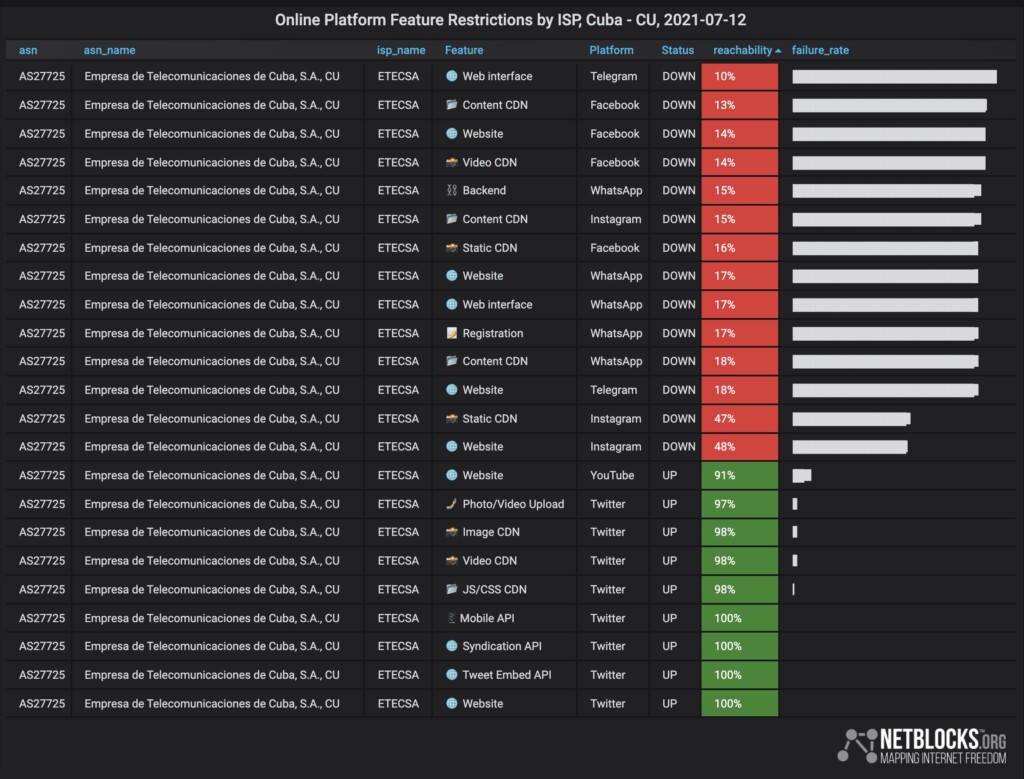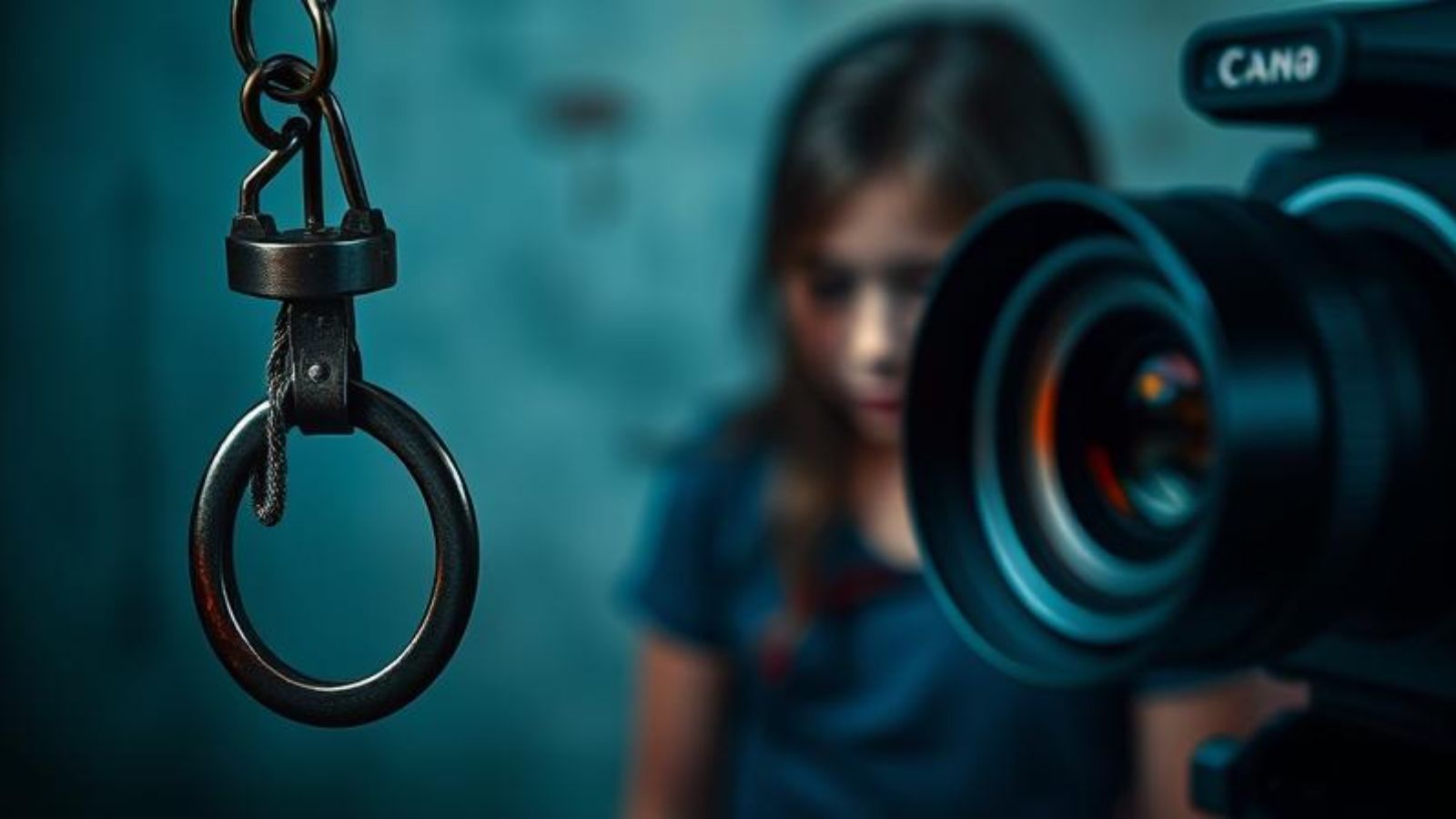
Cuban Internet Restricted Amid Anti-Government Protests
- The Cuban government responds to social crisis with protest crackdown and internet blocks.
- The restrictions were imposed to popular instant messaging tools and social media platforms.
- The situation in the country has entered a downward spiral as the trade embargoes have taken their toll.
The internet accessibility watchtower Netblocks is reporting about a wave of restrictions and blocks imposed on the Cuban internet, focusing mainly on social media platforms and messaging tools. This is happening simultaneously with thousands of Cubans protesting the lack of food, medicine, and freedoms, calling President Miguel Díaz-Canel to resign. The government justifies the crisis as the result of U.S. sanctions and the aggravated situation of the COVID-19 pandemic, so the officials are not accepting any errors and instead engage in suppression and arrests.
Among the platforms reported as blocked are Telegram, WhatsApp, Instagram, and Facebook, all of which are used as tools for people to communicate and coordinate their protests. The disruption in connectivity is imposed by ETECSA (Empresa de Telecomunicaciones de Cuba), which is a government-owned internet service provider. Cubacel, the only cellular network operator in the country, is also joining the blocking effort, so there’s practically no direct way to override the restrictions.
What Cubans can do is to use VPN tools which, for now, remain effective as workarounds. Most large VPNs have good support for Caribbean countries, so most of them should do the trick.
This is not the first time we report about internet restrictions and censorship in Cuba. Back in March 2019, Cuban netizens relying on ETECSA again lost access to popular news sites like “14ymedio” and “Tremenda Nota”, just before a referendum to legalize the free market was about to be held. In November 2020, demands on artistic freedoms sparked protests in Havana, and the government responded with social media blocks once more.
Right now, the situation in Cuba doesn’t appear to be very hopeful, as the Biden administration isn’t showing any willingness to lift the strict economic restrictions and trade embargos imposed by his erratic predecessor. For the American officials, though, what is happening in Cuba isn’t the product of their making, and they still continue to provide humanitarian assistance and medical supplies.











